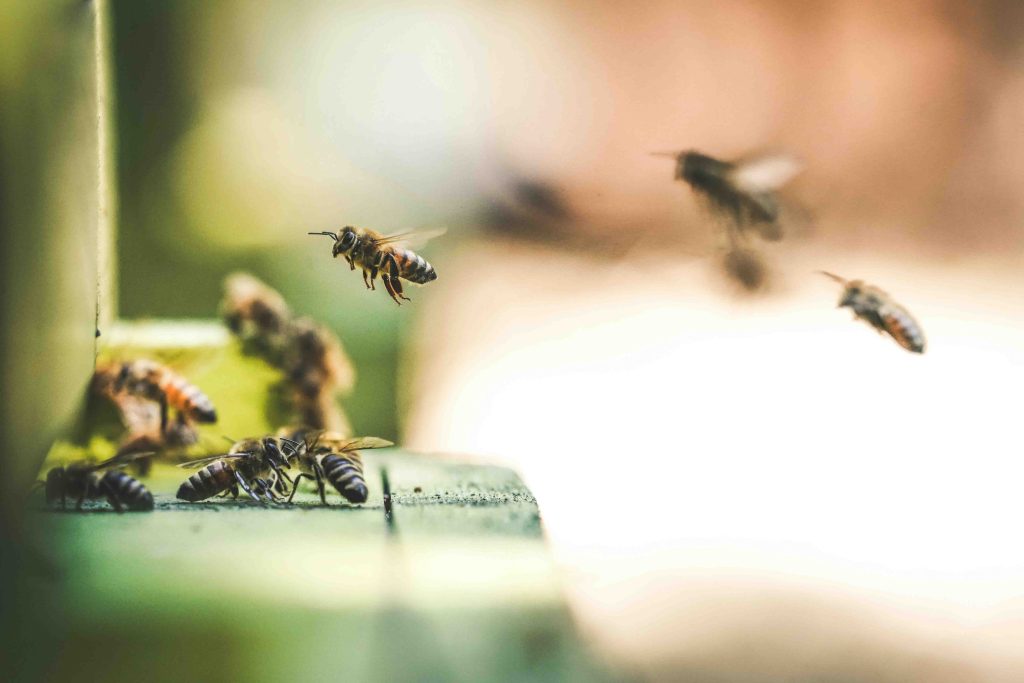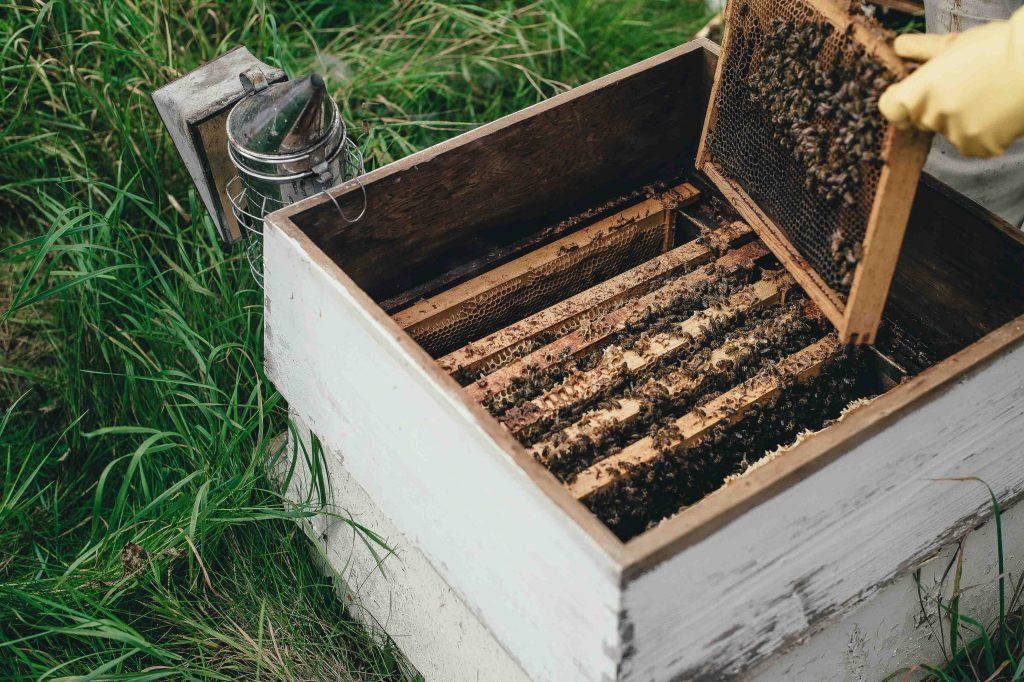
WHY BEES MATTER
For centuries bees, busy as they are known to be, have benefited people, plants and the planet. But did you know that bees are not the only ones that sustain life on earth? By carrying pollen from one flower to another, bees, butterflies, birds, bats and other pollinators facilitate and improve food production, thus contributing to food security and nutrition. Pollination also has a positive impact on the environment in general, helping to maintain biodiversity and the vibrant ecosystems upon which agriculture depends. Every year on 20 May, World Bee Day offers an opportunity for all of us to pay tribute to pollinators.
Nutrition Facts per 100 Gr.
- Energy 1384 kJ (308 kcal).
- Fat 0 g.
- Carbohydrates 75.5 g.
- Proteins 0 g.
- Salt 0,1 g.
- Ingredient: 100% raw honey.
- Not suitable for children under 1 year.
- This product crystallizes naturally.
- All our honey is under the control of and has the approval of the Malawi Bureau of Standards.
HONEY FACTS
- If sealed properly, honey never goes bad.
- There are more than 20.000 species of bees in the world!
- Honey bees need to make approximately 2 million visits to flowers to produce one pound of honey.
- The flavour and colour of honey are all derived from the plant source (not the bee!) and are impacted by location, geographical composition, weather, and climate.
- Bees are a “keystone species”, essential to healthy ecosystems and to animal and human life.

